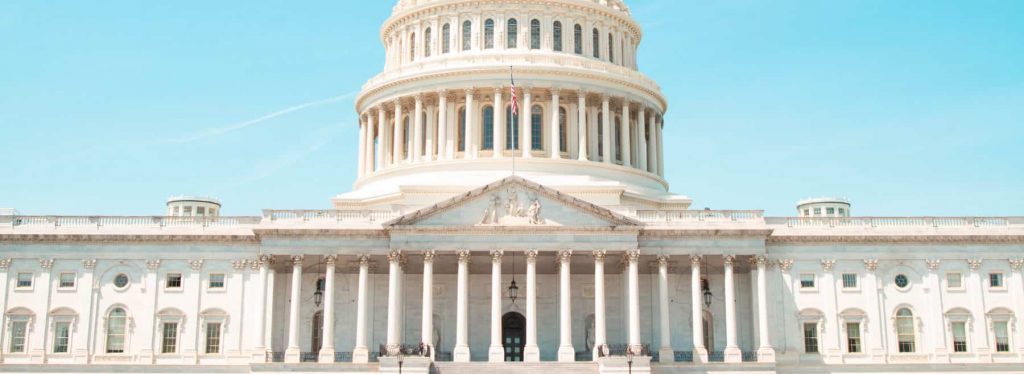Many state governments struggle to collect enough revenue to fund their growing obligations. Politicians don’t want to ask the voting public to hand over more of their hard-earned money lest they lose their ability to call themselves politicians. It’s no surprise they’re finding creative ways to get tax revenue from businesses that are headquartered elsewhere but conduct business within their borders.
Depending on how you’ve structured your operations, you may unwittingly find yourself squarely in the tax authority’s crosshairs with a backlog of liabilities. However, you may be able to make some operational adjustments to reduce your overall tax liability.
It’s all a matter of learning a little bit about something called nexus.



